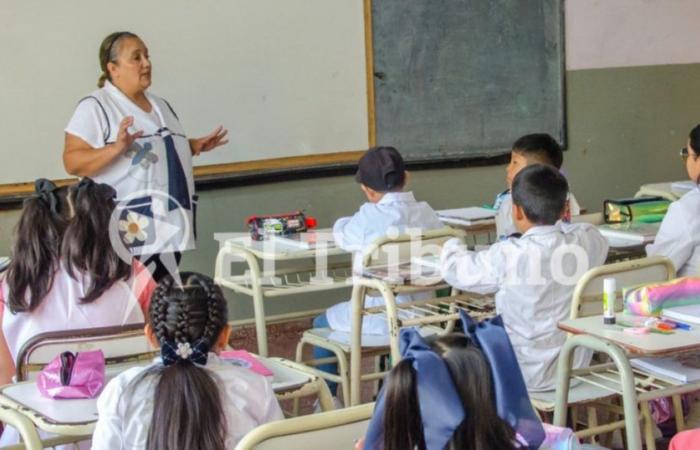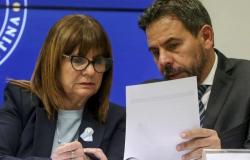The indicators on reading fluency in students who are part of the Strengthening Literacy program are worrying. 70 percent of second graders are at the beginner level, while 23 percent of children are at the intermediate level, 6 percent are fluent readers and 1 percent are pre-readers, according to a study. survey during 2022 that appears in the Jurisdictional Literacy Plan of Salta.
73 educational institutions that make up the Program and 2,382 students were included, both from the capital of Salta and surrounding municipalities and the towns of Cachi, Rosario de la Frontera, Metan, San Carlos and Cafayate.
The intermediate sector is characterized by having a lower incidence in syllabification, recognizing more words without interruptions, while beginners manage to read words but still syllabify most of them, which is why reading remains slow. Fluent readers have a good reading level. Pre-readers cannot read even simple words, they have not yet understood how the writing system works and they do not understand the alphabetic principle.
On the other hand, data were also known from a survey on an early and initial literacy project with an intercultural perspective in the rural area that is developed in the departments of San Martín and Rivadavia. Preliminary results show that at the beginning of fourth grade: 10 percent cannot write words, 20 percent cannot read simple words out of context, and more than 25 percent cannot read sentences or simple text. Only the performance of boys and girls, in Spanish, was considered. The project is implemented starting in 2022 to recover learning in rural contexts of high social vulnerability.
The indicators
“Each of these lines of literacy work with a comprehensive policy that covers the training of teachers, the provision of quality teaching materials and the carrying out of the evaluation. We are not talking about results at the provincial level, but those of students who participate in these lines. The indicators obtained are the starting point and they obviously concern us,” said the Secretary of Educational Planning and Teacher Professional Development, Analía Guardo.
And he anticipated that “in the coming days the results of the 2023 evaluations will be known, whose results have obviously improved based on all the actions we have developed.”
In the homes
When asked what other factors influence children to present these worrying indicators and whether more support is needed in the home from parents or guardians, Guardo responded: “Many factors influence. Perhaps the characteristics of the homes in the sense of whether they promote reading, whether adults read to children. That is why, for example, the early, initial and family literacy line has materials, books for parents to read to children and stimulate the literacy environment. of home”.
He highlighted that “in a province where the children’s mother tongue is different, different from Spanish, we have to have a proposal for teaching Spanish as a language. This line of initial, early and family literacy with an intercultural perspective takes it into account. “It is what we are developing in the departments of Rivadavia and San Martín.”
And he clarified: “For us, more than presenting alarming data, what interests us is to say that we are taking this to develop actions that can reverse the situation. They have invited us to talk about this line of literacy with an intercultural perspective in Paraguay because they are highlighting the work of the people who are dedicated to being able to comprehensively address all reading and writing difficulties. We have to generate data so that we know reliably where the challenges are and the actions that we are going to implement to improve. working hard with the issue of literacy to resolve all the difficulties we find in the students,” he concluded.






